Introduction
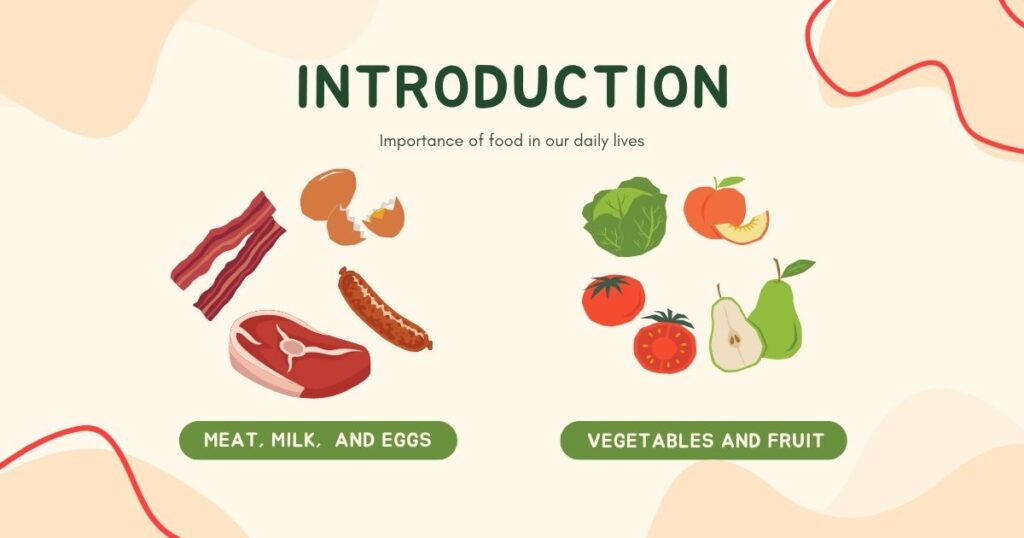
In a world filled with fad diets, conflicting health advice, and countless food options, it’s easy to feel overwhelmed when trying to eat right. But here’s the good news: you don’t need extreme diets or expensive superfoods to lead a healthy life. The foundation of long-term wellness lies in consistent, balanced, and mindful nutrition — every single day.
This blog offers everyday nutrition tips that are simple, practical, and rooted in science. Whether you’re a busy professional, a student, a homemaker, or a fitness enthusiast, these tips are tailored to fit into your lifestyle and help you make smarter choices effortlessly. Let’s break down the essentials of nutrition in a way that’s easy to follow and highly effective.
1. Start Your Day with a Balanced Breakfast
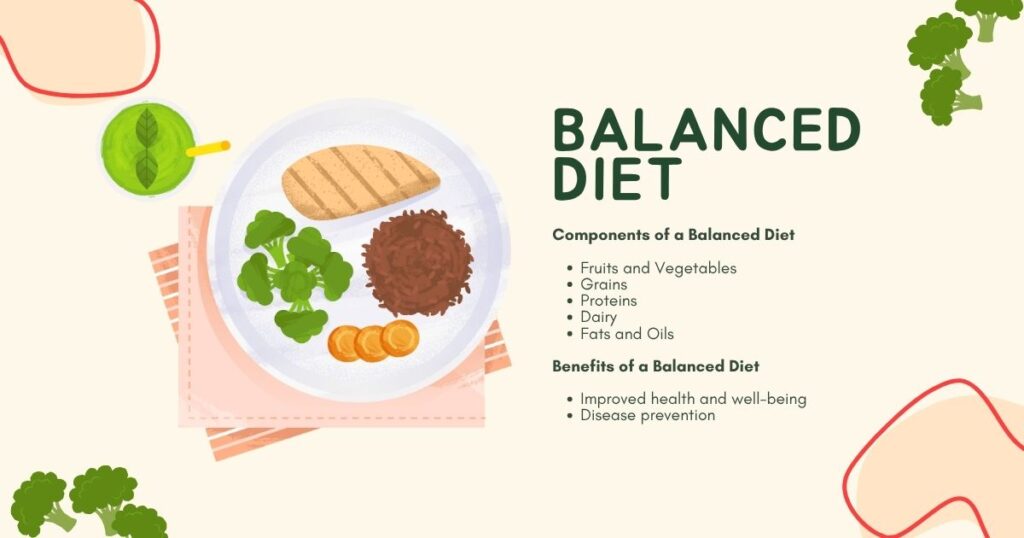
Why it matters: Breakfast kick-starts your metabolism and provides energy for the day. Skipping it can lead to overeating later.
Smart tip: Combine complex carbs (like oats or whole-grain toast), protein (eggs, yogurt, or nuts), and healthy fats (avocado or seeds). Avoid sugary cereals or pastries.
2. Hydrate Like You Mean It
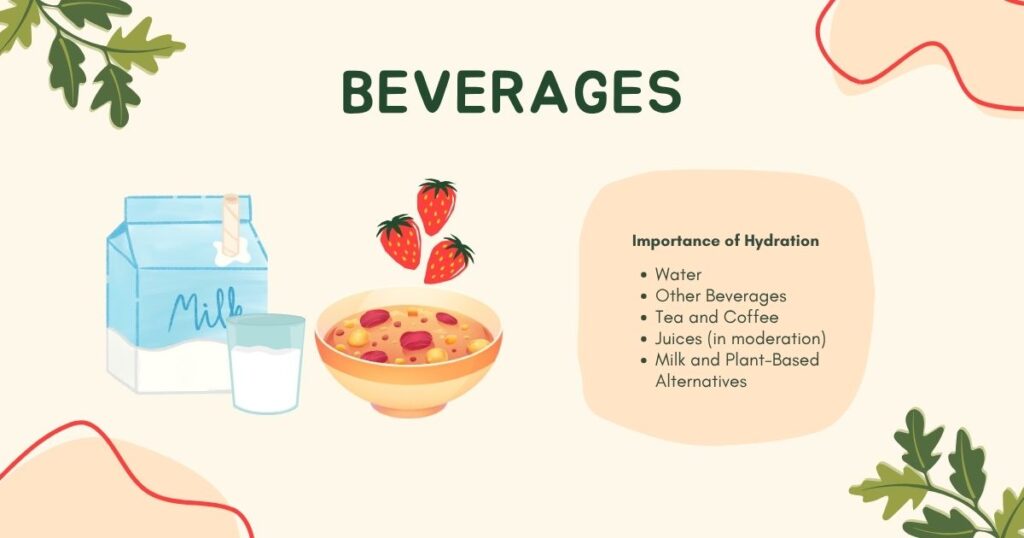
Why it matters: Water aids digestion, nutrient absorption, and detoxification. Dehydration can lead to fatigue, headaches, and poor concentration.
Smart tip: Aim for 8–10 glasses of water daily. Start your morning with a glass of warm water with lemon. Carry a reusable water bottle to track your intake.
3. Choose Whole Foods Over Processed Ones
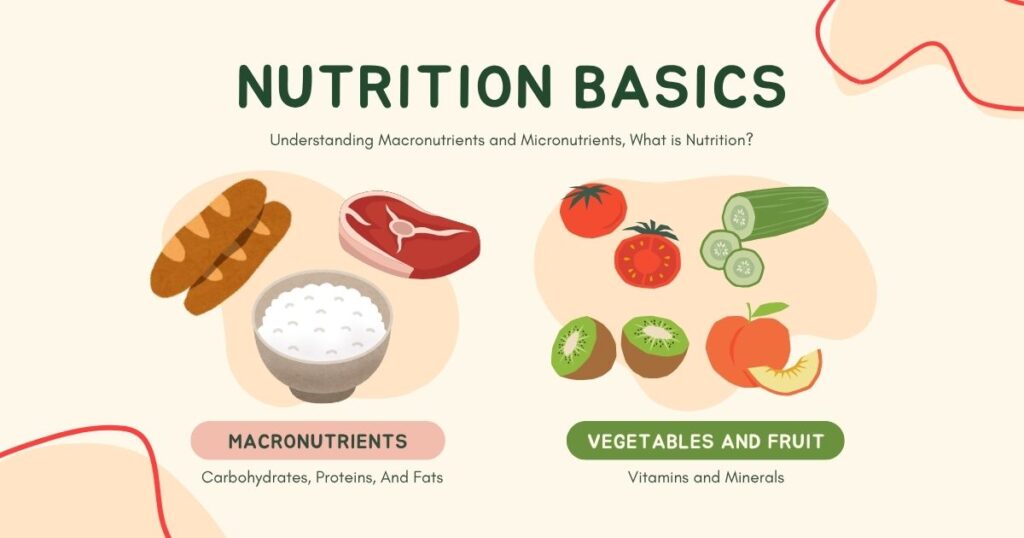
Why it matters: Whole foods are rich in nutrients, fiber, and antioxidants, while processed foods often contain added sugars, unhealthy fats, and preservatives.
Smart tip: Eat more fruits, vegetables, whole grains, legumes, nuts, and lean proteins. Reduce packaged snacks, sugary drinks, and frozen meals.
4. Don’t Fear Healthy Fats
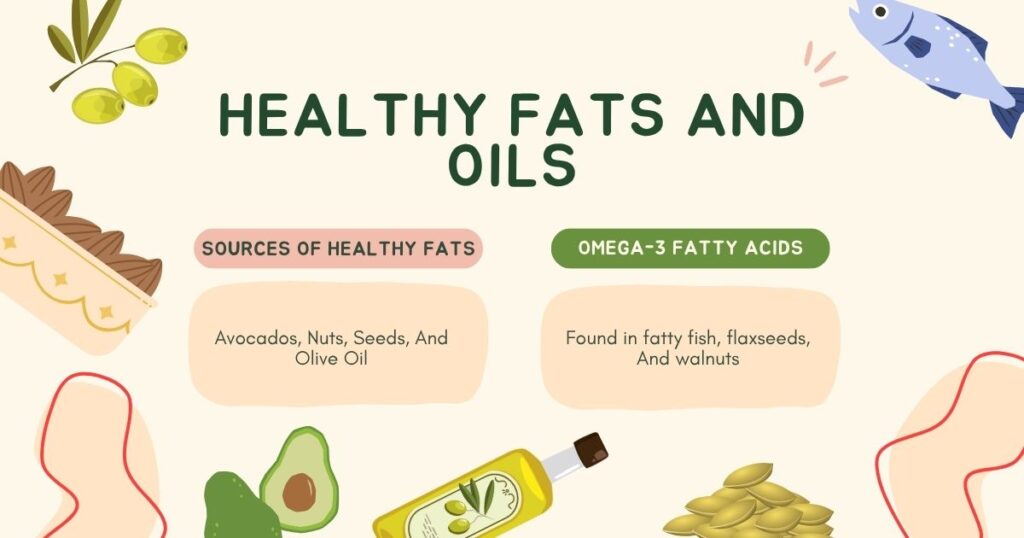
Why it matters: Fats are essential for hormone production, brain health, and nutrient absorption.
Smart tip: Include sources like olive oil, nuts, seeds, ghee, fatty fish (like salmon), and avocados. Avoid trans fats found in deep-fried and packaged foods.
5. Eat Mindfully, Not Mindlessly
Why it matters: Mindful eating helps you listen to your body’s hunger cues, reduces overeating, and enhances digestion.
Smart tip: Sit down to eat, chew slowly, and avoid distractions like screens. Savor the flavors and textures of your meals.
6. Make Vegetables the Star of Every Meal
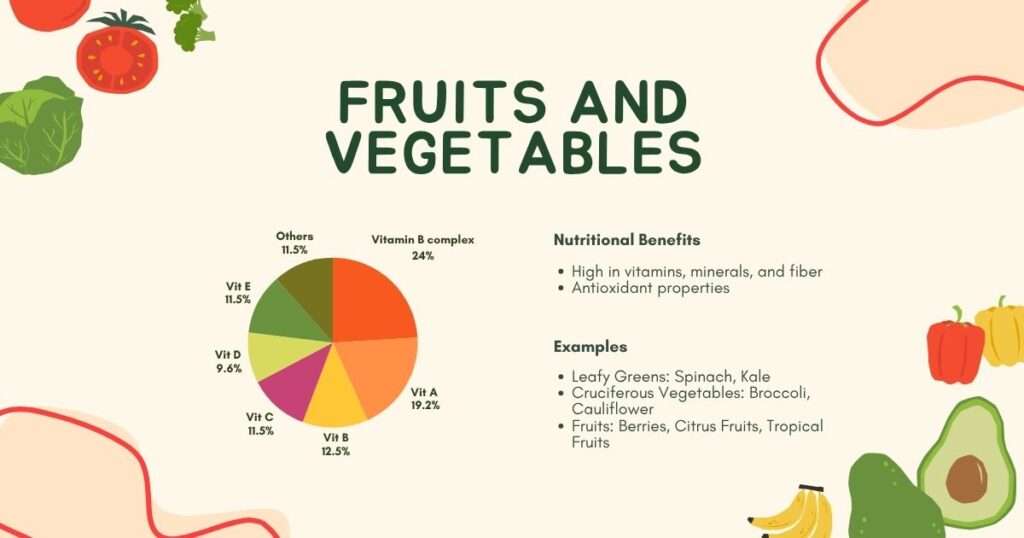
Why it matters: Veggies are low in calories and high in fiber, vitamins, and disease-fighting compounds.
Smart tip: Fill half your plate with colorful vegetables — raw, steamed, roasted, or sautéed. Try to include leafy greens, carrots, bell peppers, and seasonal produce.
7. Practice Portion Control
Why it matters: Even healthy foods can lead to weight gain if eaten in excess.
Smart tip: Use smaller plates, avoid second servings, and follow the plate method: half vegetables, one-quarter protein, and one-quarter carbs.
8. Limit Added Sugars
Why it matters: Excess sugar is linked to obesity, diabetes, and heart disease.
Smart tip: Cut down on sugary drinks, sweets, and packaged foods. Read labels and opt for natural sweeteners like dates, jaggery, or honey in moderation.
9. Listen to Your Body
Why it matters: Your body gives signals — hunger, fullness, fatigue, and cravings — that guide your nutritional needs.
Smart tip: Eat when you’re hungry, stop when you’re full. Don’t eat just because it’s mealtime. Keep a food journal to understand your eating patterns.
10. Prepare Meals at Home
Why it matters: Home-cooked meals are healthier, cheaper, and customizable.
Smart tip: Plan weekly menus, prep ingredients in advance, and keep your kitchen stocked with healthy staples. Try to cook at least 5 meals a week at home.
11. Include Protein in Every Meal
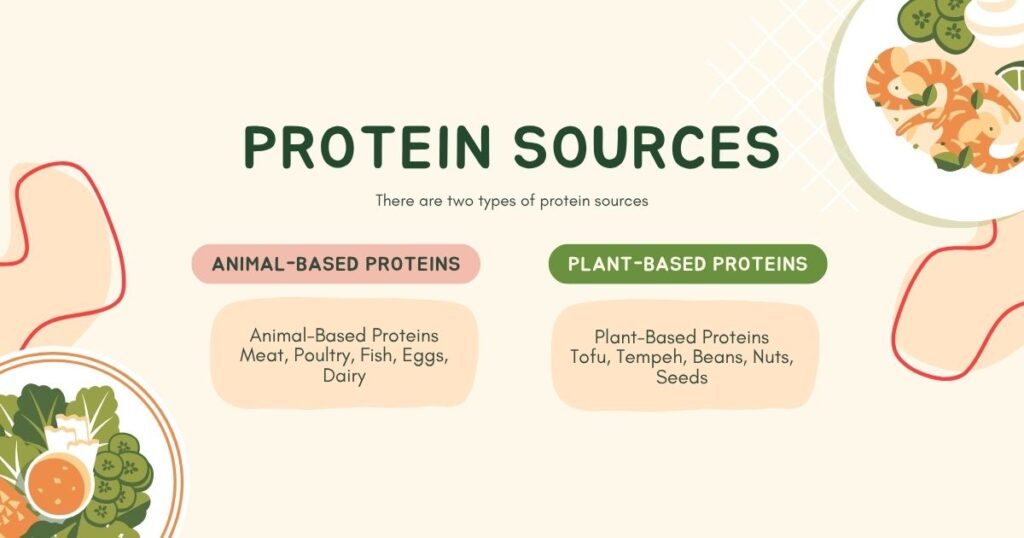
Why it matters: Protein helps build and repair tissues, supports muscle mass, and keeps you full longer.
Smart tip: Include sources like lentils, eggs, tofu, chicken, paneer, or Greek yogurt. Even snacks can include protein-rich foods like roasted chana or nuts.
12. Snack Smart
Why it matters: Healthy snacks curb hunger and prevent overeating at main meals.
Smart tip: Choose snacks with a balance of fiber and protein. Try fruits with peanut butter, hummus with veggie sticks, or a handful of trail mix.
13. Get Enough Fiber
Why it matters: Fiber supports digestion, regulates blood sugar, and lowers cholesterol.
Smart tip: Aim for at least 25–30 grams of fiber daily from sources like fruits, vegetables, oats, whole grains, lentils, and flaxseeds.
14. Limit Salt and Sodium Intake
Why it matters: High sodium intake is linked to high blood pressure and heart problems.
Smart tip: Use herbs and spices for flavor instead of salt. Avoid packaged soups, pickles, and processed meats.
15. Keep a Consistent Eating Schedule
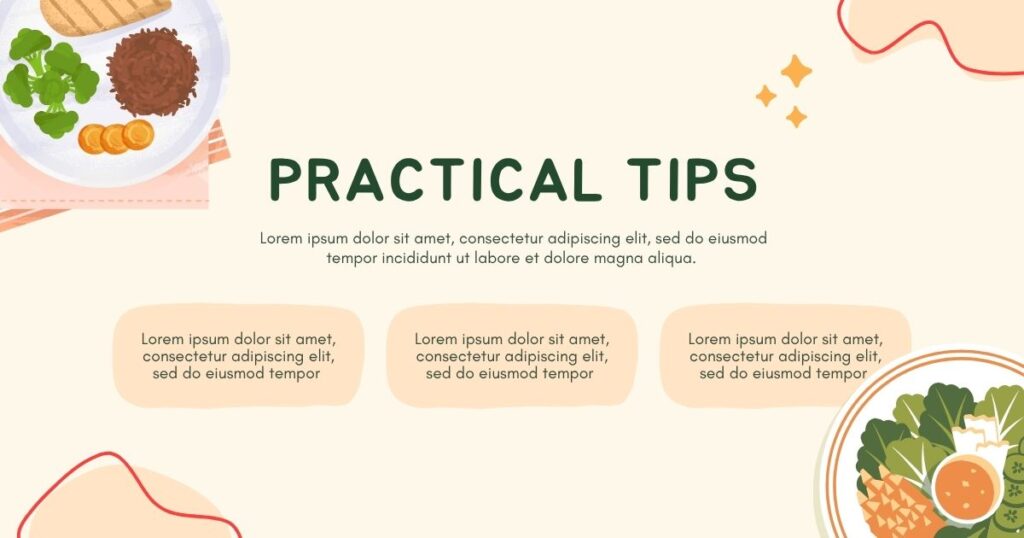
Why it matters: Eating at regular intervals keeps your metabolism steady and prevents extreme hunger.
Smart tip: Eat three balanced meals and 1–2 healthy snacks daily. Try to have meals at the same time each day.
Conclusion: Nutrition is a Lifestyle, Not a Short-Term Fix
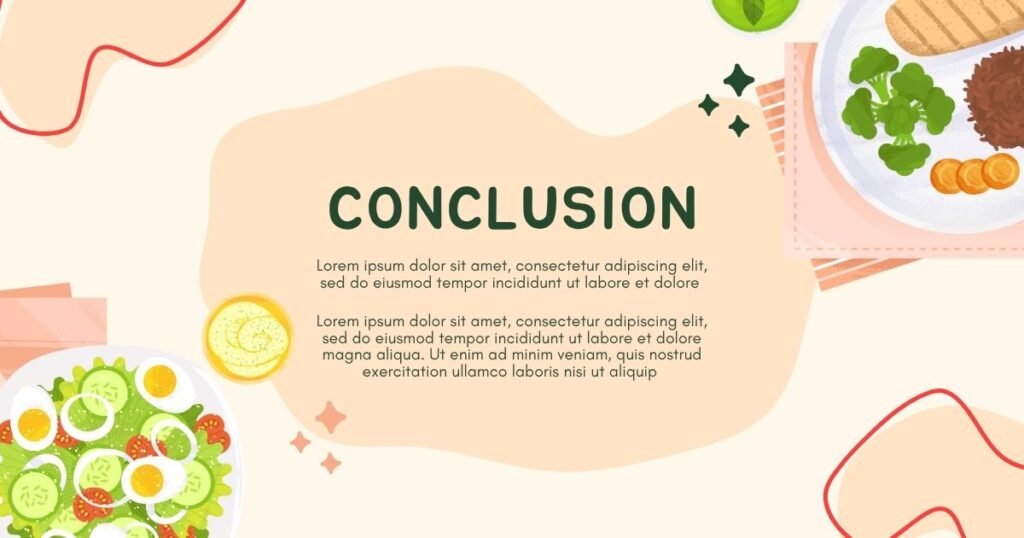
Eating well isn’t about perfection — it’s about consistency and awareness. With these simple, science-backed everyday nutrition tips, you can build habits that fuel your body, sharpen your mind, and improve your mood.
Small changes, like drinking more water, adding vegetables to every meal, or eating mindfully, can lead to big improvements over time. Remember: your health is an investment, not an expense.
Make your everyday meals your medicine — and live a vibrant, energetic life that’s fueled by nutrition.
